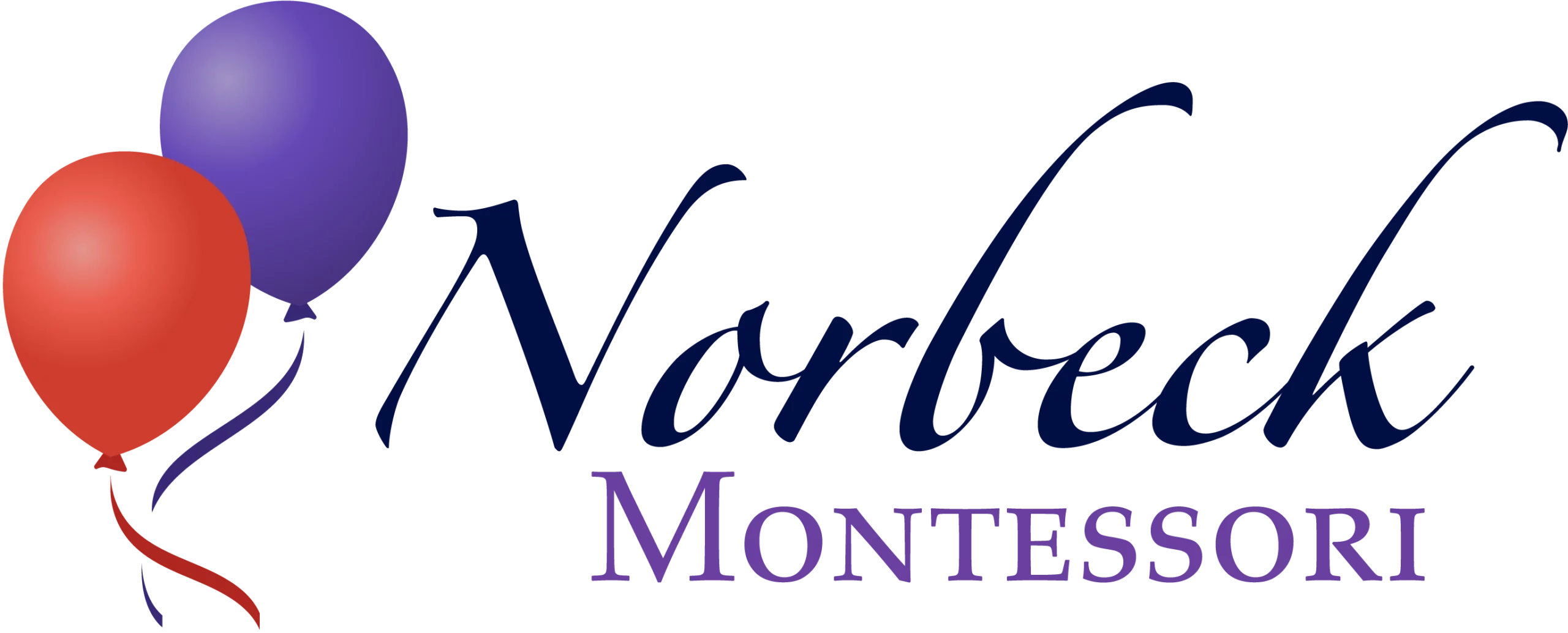 Imagine walking into a preschool classroom. Two students are finger painting at an easel in the corner, a group of five is actively creating a city out of colored blocks, and another small group is matching rhyming pictures. At the center of it all, a teacher bends down to meet the eyes of a little girl, “I noticed you were interested in the dominoes yesterday. Can I show you a game I know?”
Imagine walking into a preschool classroom. Two students are finger painting at an easel in the corner, a group of five is actively creating a city out of colored blocks, and another small group is matching rhyming pictures. At the center of it all, a teacher bends down to meet the eyes of a little girl, “I noticed you were interested in the dominoes yesterday. Can I show you a game I know?”Sound like a traditional preschool classroom? Not so much. Typically, one or two teachers lead the students in whole-group instruction with some designated “play time” throughout the day. The Montessori Method differs from a traditional preschool framework to provide each student with an individual educational experience. In addition, the method fosters an inner drive and responsibility to learn. montessori school rockville, md
History of Montessori Education
Italian educator, Maria Montessori, developed this philosophy of education on the premise that play is a child’s primary objective. She believed learning should happen naturally through play. The ultimate goal is for each child to become a motivated, curious, and stimulated learner. Here are some of the key differences between traditional preschool and Montessori preschool.
- Self-Directed: Children are encouraged to choose their path of learning, based on their individual interests and natural talents. Whether your child is interested in dinosaurs or puzzles, he will be able to explore deeply.
- Carefully Designed Environment: While the Montessori Method emphasizes choice, that doesn’t mean it’s a free-for-all. Preschool centers are carefully designed so that children have a variety of options. However, teachers carefully select age-appropriate activities to teach specific skills.
- Playful: The Montessori classroom ensures children learn and discover without ever knowing they are at “school.” For example, a child building a city of out blocks is learning cooperation, developing fine motor skills, and improving spatial awareness.
- Hands-On: It’s rare to find a 3-year-old that wants to sit still and gain knowledge by listening to a teacher. While it’s important for preschoolers to learn to follow directions and routines, they learn best by doing.
- Independence: The Montessori Method strives to develop and increase independence in each child. Preschoolers learn to clean up after themselves, fix simple snacks, and plan and execute their own learning time. Sound overwhelming? It’s not because the learning environment is set up in a way that promotes this development naturally.
- Concrete to Abstract Learning: The human brain is wired to learn sequentially. Children form knowledge first by exploring concrete details, facts, and objects. As the learning progresses, children are able to apply the concrete skills and knowledge to more abstract concepts. The Montessori preschool classroom supports and encourages this type of development.
Are Montessori Schools a Good Choice?

Kindergarten ProgramAs you consider this next important step in your child’s development, recognize the benefits a Montessori preschool offers. Your child will experience a calm, supportive educational environment where they are valued as a learner and a person. Think of the big picture. This type of introduction to schooling promotes independence, self-worth, and responsibility. Not only are those skills important throughout childhood, they continue to be mandatory elements of success in life.
Tour Our Rockville, MD Preschool Today
At Norbeck Montessori, we strive to provide a welcoming, educational environment where children can learn and thrive. Come see our preschool and kindergarten students in action and see the difference a Montessori education makes!
Schedule a tour of our Rockville preschool today!
